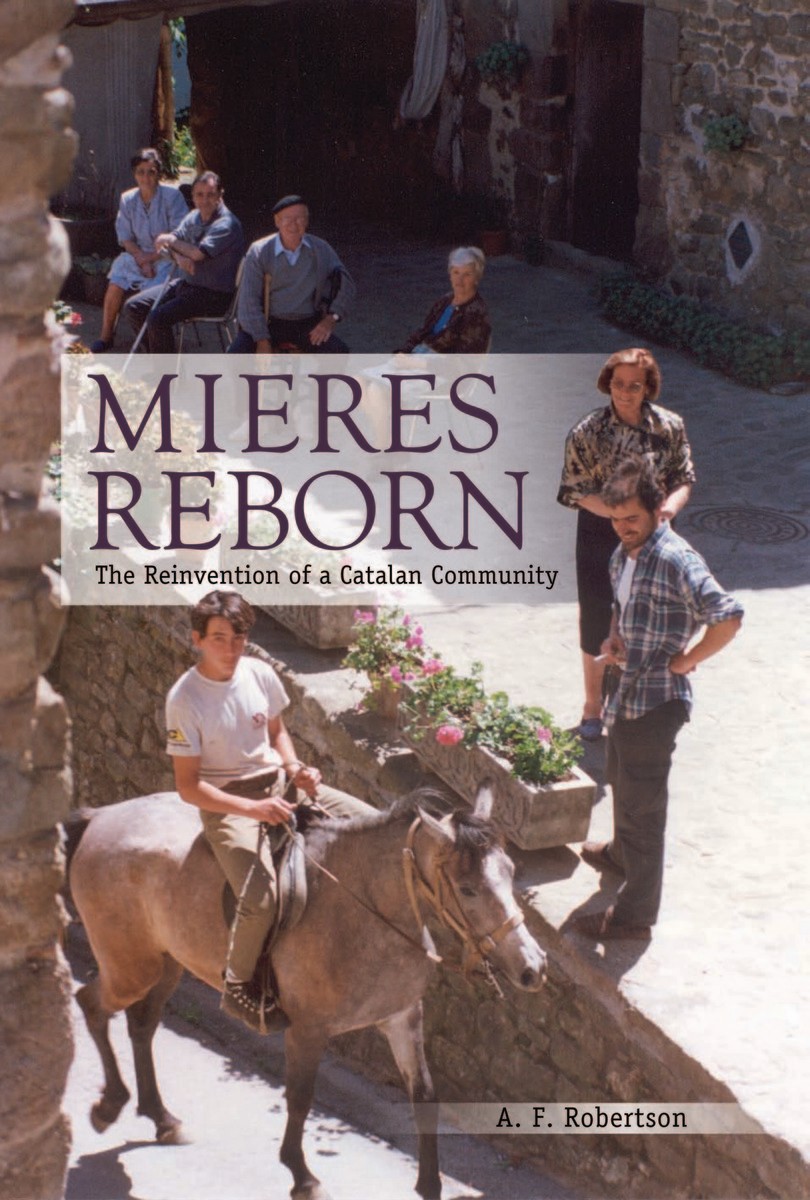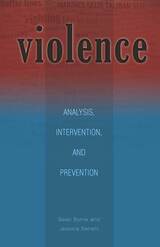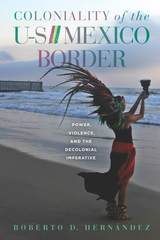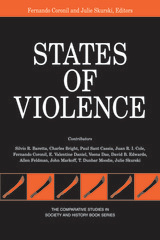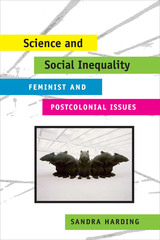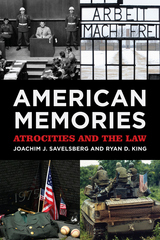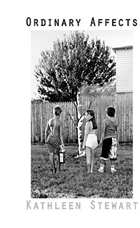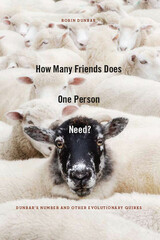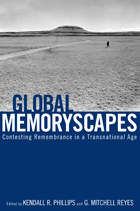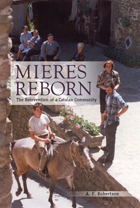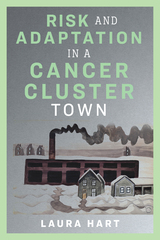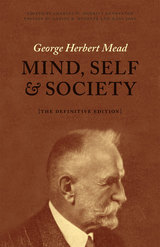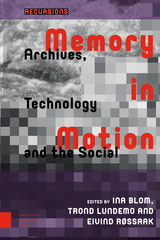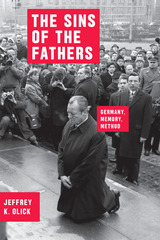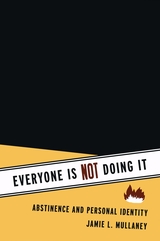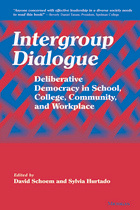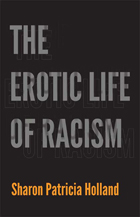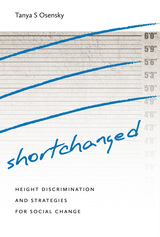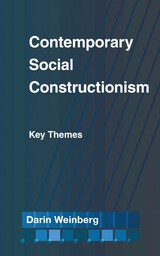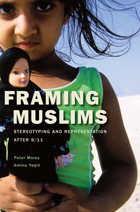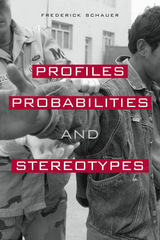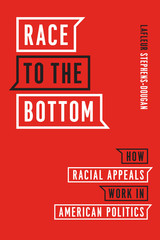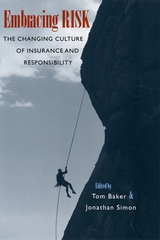Mieres Reborn: The Reinvention of a Catalan Community
University of Alabama Press, 2012
Paper: 978-0-8173-6086-3 | eISBN: 978-0-8173-8597-2 | Cloth: 978-0-8173-1743-0
Library of Congress Classification HM1033.G545 2011
Dewey Decimal Classification 303.48209
Paper: 978-0-8173-6086-3 | eISBN: 978-0-8173-8597-2 | Cloth: 978-0-8173-1743-0
Library of Congress Classification HM1033.G545 2011
Dewey Decimal Classification 303.48209
ABOUT THIS BOOK | AUTHOR BIOGRAPHY | REVIEWS | TOC
ABOUT THIS BOOK
Mieres Reborn reveals how patient observation and an analysis of one small community have much to tell us about human progress more generally.
Not long ago Mieres, a village in the eastern foothills of the Pyrenees, seemed destined to die. As in countless thousands of rural communities around the world, young people in Mieres over the years have moved to the towns and cities, leaving behind abandoned fields and meadows, derelict houses, and their aging and disconsolate parents and grandparents.
Close observation of this social microcosm over two decades reveals the capacity of ordinary people in a locality to reinvent themselves, reconstruct relationships with the wider world, and confront new threats to their collective survival. A. F. Robertson describes how the determination that Mieres should survive is most evident in a vigorous round of fiestas, fairs, and other public events in which natives, exiles, and newcomers work to create a lively sense of belonging. Since the 1980s, Mieres has been enlivened by a reverse flow of migrants from the cities, new settlers who have brought an infusion of youth to the community, devised new livelihoods, revitalized the village school, energized the native ”Mierencs,” and provided the impetus for a rediscovery of historical roots and political identity.
The regeneration of life in the countryside, in part a reaction to urban expansion and decay, is a global phenomenon of increasing political, economic, and social significance.
See other books on: Collective memory | Rural | Rural conditions | Rural development | Transnationalism
See other titles from University of Alabama Press
